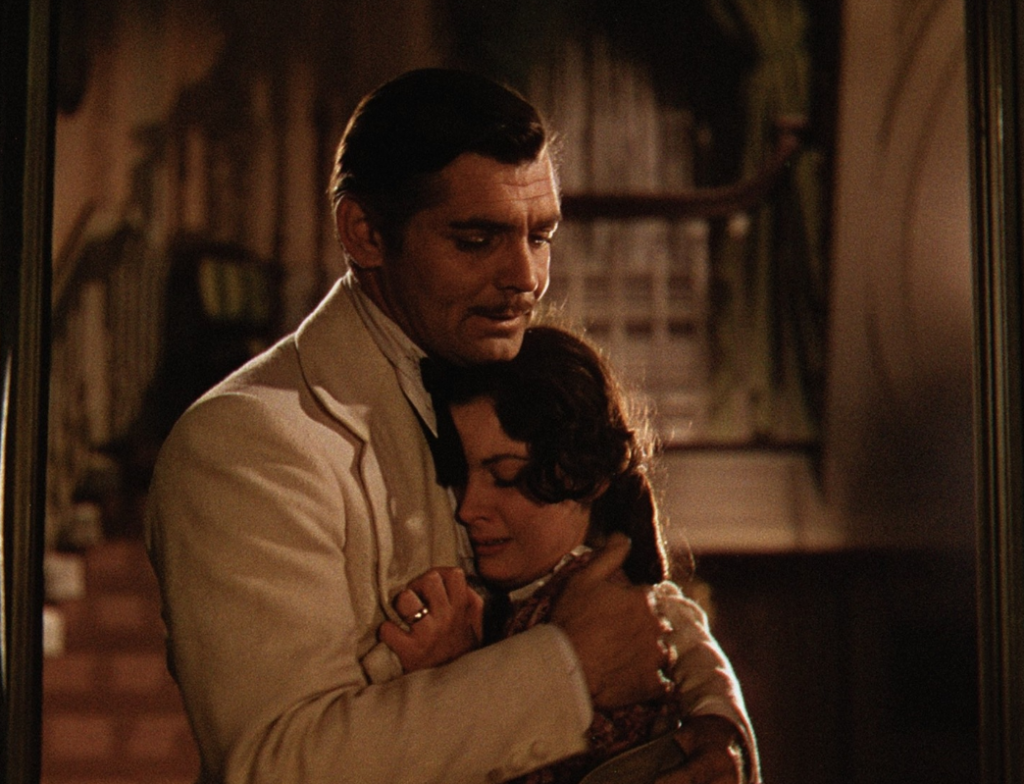Reading books is not only a leisure activity but also a profoundly enriching experience that offers numerous benefits for individuals of all ages. From stimulating the mind to enhancing empathy and fostering personal growth, the act of reading has a transformative effect on both mental and emotional well-being.
First and foremost, reading expands knowledge and stimulates intellectual curiosity. Whether delving into works of fiction, non-fiction, or educational literature, readers are exposed to new ideas, perspectives, and information that broaden their understanding of the world. By engaging with diverse topics and genres, readers cultivate critical thinking skills and develop a lifelong thirst for learning.
Moreover, reading enhances vocabulary and language skills. Exposure to written language through books helps readers improve their grammar, spelling, and comprehension abilities. As readers encounter unfamiliar words and phrases, they learn to decipher meaning from context and expand their lexicon. This linguistic enrichment not only benefits academic performance but also enhances communication skills in everyday life.
In addition to cognitive benefits, reading fosters empathy and emotional intelligence. Through immersion in fictional narratives, readers are transported into the lives and experiences of characters from diverse backgrounds and cultures. This empathetic engagement with fictional worlds cultivates a deeper understanding of human emotions, motivations, and relationships, leading to greater empathy and compassion towards others in real life.
Furthermore, reading serves as a form of mental stimulation and relaxation. In a fast-paced world filled with digital distractions, immersing oneself in a good book provides a welcome escape from stress and anxiety. The act of reading promotes mindfulness and focus, allowing readers to temporarily disconnect from the pressures of daily life and engage in a solitary, introspective activity that nourishes the soul.
Additionally, reading has been shown to improve mental health and well-being. Studies have found that regular reading can reduce stress levels, alleviate symptoms of depression and anxiety, and even delay cognitive decline in old age. The therapeutic benefits of reading extend beyond mere entertainment, offering solace, inspiration, and hope to readers facing life’s challenges.
Moreover, reading fosters creativity and imagination. As readers visualize scenes, characters, and settings described in books, they exercise their imaginative faculties and develop the ability to think creatively. This imaginative engagement with literature fuels innovation and problem-solving skills, making readers more adaptable and resourceful in various aspects of their lives.
In conclusion, the benefits of reading are manifold and far-reaching. From expanding knowledge and vocabulary to fostering empathy, relaxation, and creativity, reading enriches minds and lives in countless ways. As a timeless and universal activity, reading continues to inspire, educate, and empower individuals of all ages, making it a truly invaluable pursuit for personal growth and fulfillment.



